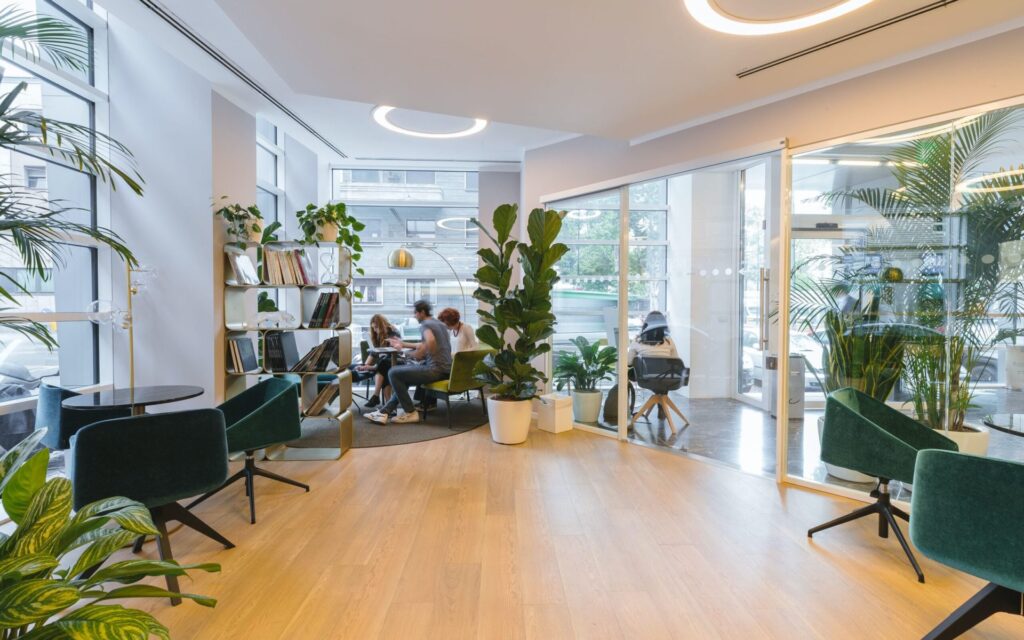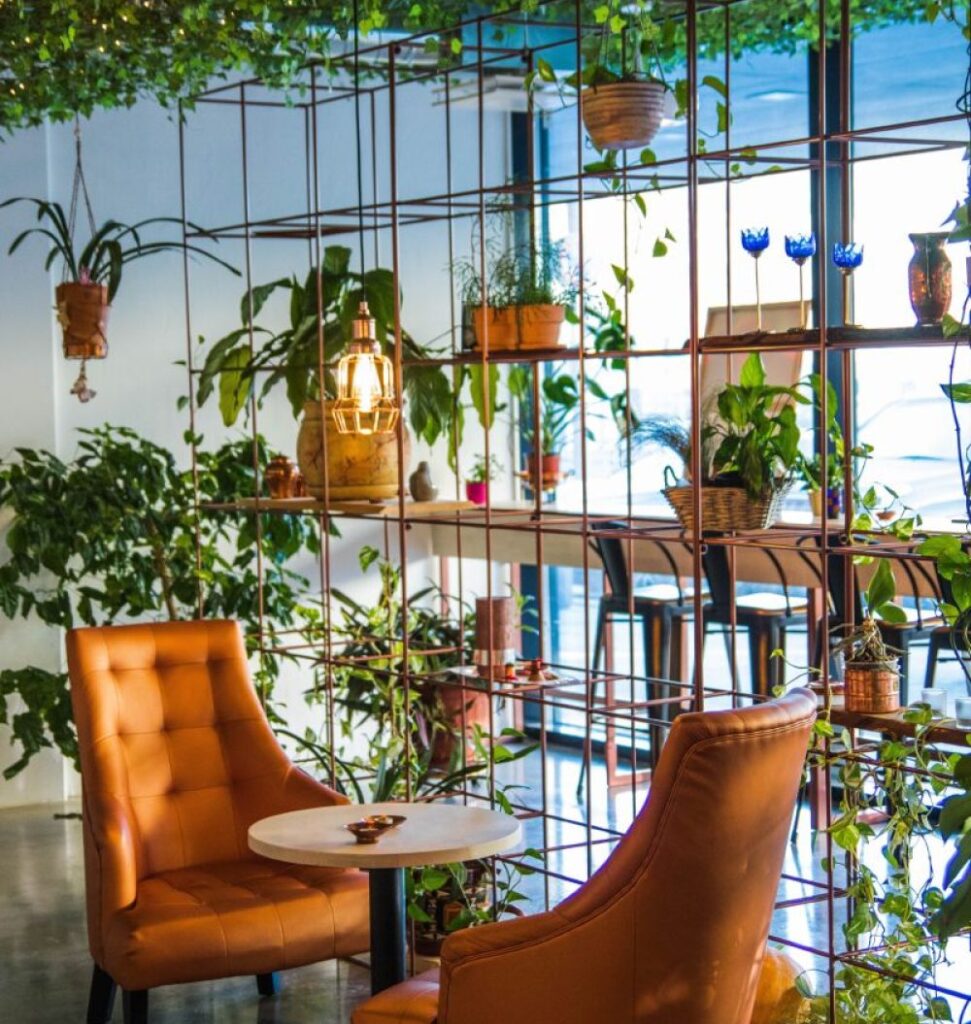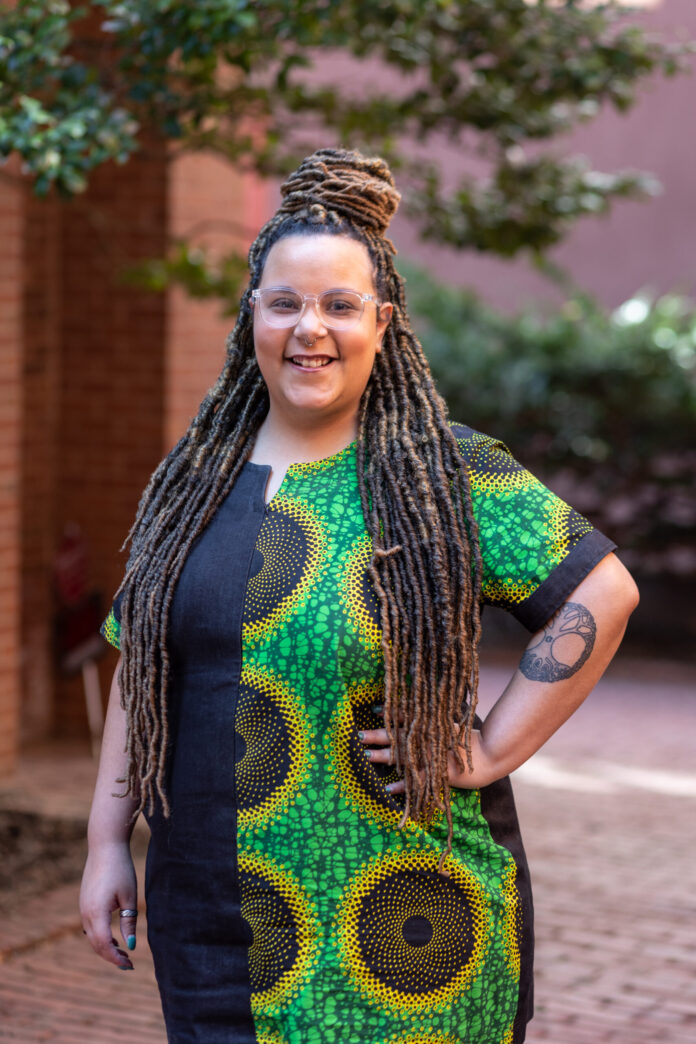( ENSPIRE Feature) Elizabeth Byler’s Brand is Inclusive and Sustainable
ENSPIRE Contributor: Kaitlyn Cruz
Elizabeth Byler is an accomplished interior designer who brings inclusivity, empowerment, and a focus on mental health to the world of design. Byler understands the connection between interior design and its effect on mental health. Byler’s unique approach includes designing spaces that accommodate different sensory needs to support mental health.
Elizabeth works to transform spaces into inclusive environments that celebrate diversity and cater to a wide range of needs. Byler focuses on not only inclusive design but also design that is sustainable, aesthetic and promotes positive mental well-being. Byler’s expertise in sustainable, neurodiverse, and trauma-informed design stands out in the industry.

ENSPIRE spoke with Elizabeth Byler about neurodiversity and designing interior spaces.
When did you become interested in interior design? What sparked your interest in inclusive design?
I have always been interested in interior design. I used to make elaborate centerpieces for my family and rearrange the furniture any chance that I got. Moving through the world and experiencing spaces that didn’t work for me, I internalized that I was the problem. After renovating my first office space, I saw the difference that interior design can make and realized that we could design spaces to work for more people.
How do you create spaces that are ‘diverse’ and what does that mean/look like?
Oftentimes interior design is done for a specific aesthetic or the majority. I consider who the space has not been designed for. Practically it looks like designing flexible spaces with multiple options for a variety of needs. It considers all the elements of the space and how they impact the occupants’ experience.

For viewers who may not be familiar with this, can you explain what it means to be neurodivergent? Why is it important to have neurodiverse spaces for different sensory needs?
Neurodivergent is a broad umbrella term that includes anxiety, autism, ADHD, OCD, dyslexia, etc. brains that work in a way that is viewed as outside of the norm. Often neurodivergent people are not included in the design of a space and that results in our exclusion, whether or not it is intentional. For me, many spaces can be overwhelming with too much sound, light, and lack of clarity provided in the space. While I can navigate them when needed, it creates an uncomfortable experience and results in me needing time to recover when the space could simply be better designed.
What are some practical tips you can give to create spaces that promote positivity and good mental health?
My top recommendation would be to add plants. We spend the majority of our lives indoors and being connected to nature has been shown to have benefits for our mental health. Paying attention to color and adding items that bring comfort is the start of creating an ideal space.

Why do you think it’s important for a brand to be committed to being sustainable and eco-friendly?
Sustainability is a choice that ensures that future generations have a world to thrive in. We can all see the impact of poor decisions that are resulting in increased climate disasters and even the spread of viruses. It is important for us all to work together and for organizations to lead the charge in taking responsibility for their larger impact.
Elizabeth’s expertise in sustainable, inclusive, positive design sheds light on individuals with diverse needs and why it’s important to create spaces for them to thrive. This is highly important in the interior design space since there are very few spaces that focus on inclusivity and mental health. Byler is making a positive impact on the world of interior design, as well as those individuals who she’s supporting.
Related Articles: Interior Designer Leah Atkins on Career and Family, Airbnb is Building Community and Promoting Inclusivity










